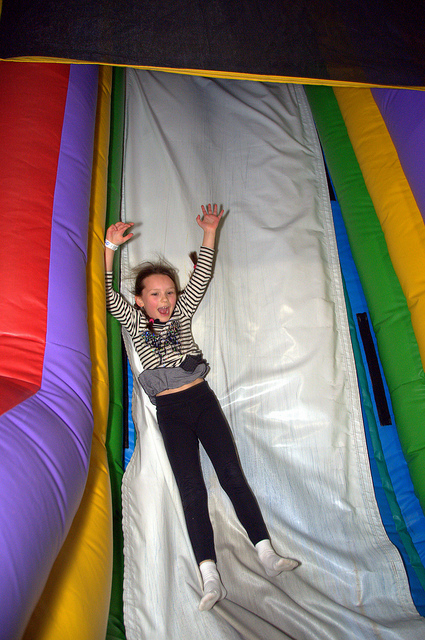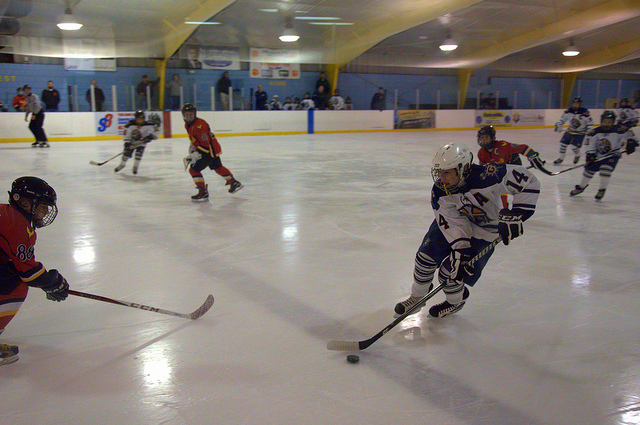Imagination and fiction make up more than three quarters of our real life. Rare indeed are the true contacts with good and evil.
Weil’s words read like a quote out of The Matrix or Inception, and it’s easy to brush them off as metaphorical theorizing:
And it’s easy to pass it onto the “madding crowd” and insist that we ourselves are not imagining things, not asleep. We are fully aware of the reality around us and can separate it from wish and fantasy, but the materialistic hordes around us can’t. It’s easy to think that way.

Surely, with rarefied reality all around us — the screams of delight of children at play, the hard crack of a helmet against plexiglass, a blast of cold air when we get out of the car — we are awake.

Of course Weil doesn’t mean anything so cinematic. She’s simply pointing out our uncanny ability to deceive ourselves and fall for the farce completely, to create worlds out of our irrational fears and project them on everyone and everything, to believe that the way we see the world is the way everyone sees it and indeed the only true way to perceive it. I see the effects of this every day at school: some students have mastered already the art of fully deceiving themselves, convinced that they can do no wrong and that all the trouble they find themselves in can easily be laid at the doorstep of others (read: adults; read: teachers).
I’m not sure what the kick (to borrow a term from Inception) for this dream might be, especially when we’re not even sure we can kick ourselves awake. Perhaps awareness is the first and, paradoxically, last step. An afternoon spent with the Girl at a birthday party followed by a bit of first-time exposure to live hockey should be enough to separate fiction from good, imagination from evil.
That’s the secular answer.
I think Weil might not entirely agree, though. Like Inception, we need someone who doesn’t share that same reality, someone who’s at a level higher (literally in the film and in Catholicism too, I suppose) to help jar us out of the fictions we create for ourselves.